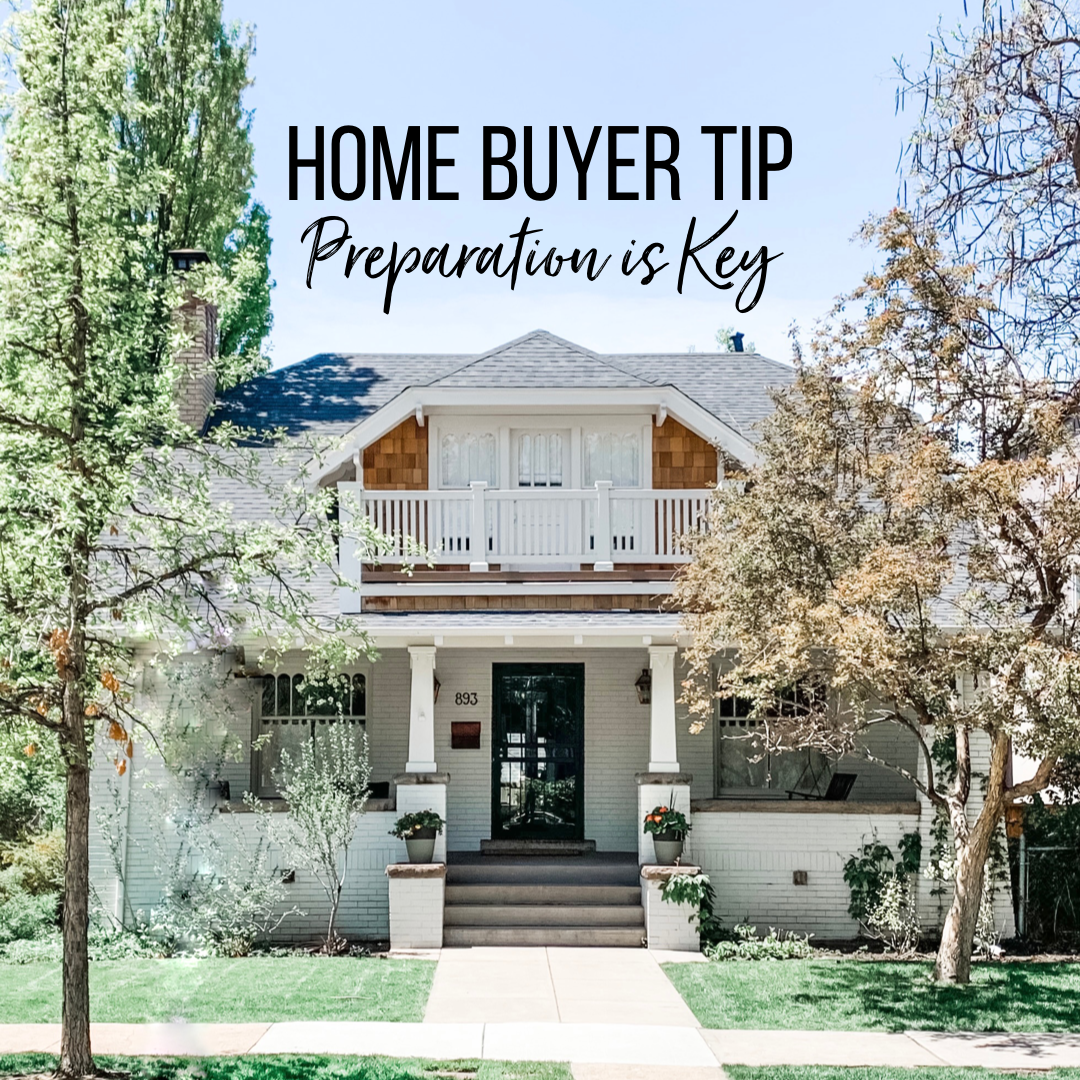How Much Does Buying a House Really Cost
/Down Payment
-It's a huge misconception that you need 20% down. Obviously there are advantages to a bigger DP like a lower payment or lower/no PMI, but the 3-10% range is much more common!
-Min of 3% with a conventional loan
-Min of 3.5% with FHA loan
-0% with VA loan
Closing Costs
-1-2% of purchase price + comprised of the below elements
-Setting up escrow account (pre-payment of 6-12 months of home owners insurance + taxes)
-Title fees (part of closing fee, loan insurance policy, deed + doc recording, etc)
-Loan fees (loan origination cost, credit check fee, appraisal, etc)
Inspection
-General inspection, $300-$500, depending on square footage
-Sewer Scope or Radon add-on, $125-$150
-Other specialty inspections available on case by case basis (structural, mold, etc)
Misc Costs
-Movers
-Immediate renovations/updates
-New furniture
-Emergency fund. Being a homeowner means being responsible if anything needs repair or replacement. Would recommend at least about 5k (tip: buy a home warranty if you want to mitigate the risk of big surprise costs)
Have questions or ready to get started? Send me a message!





















